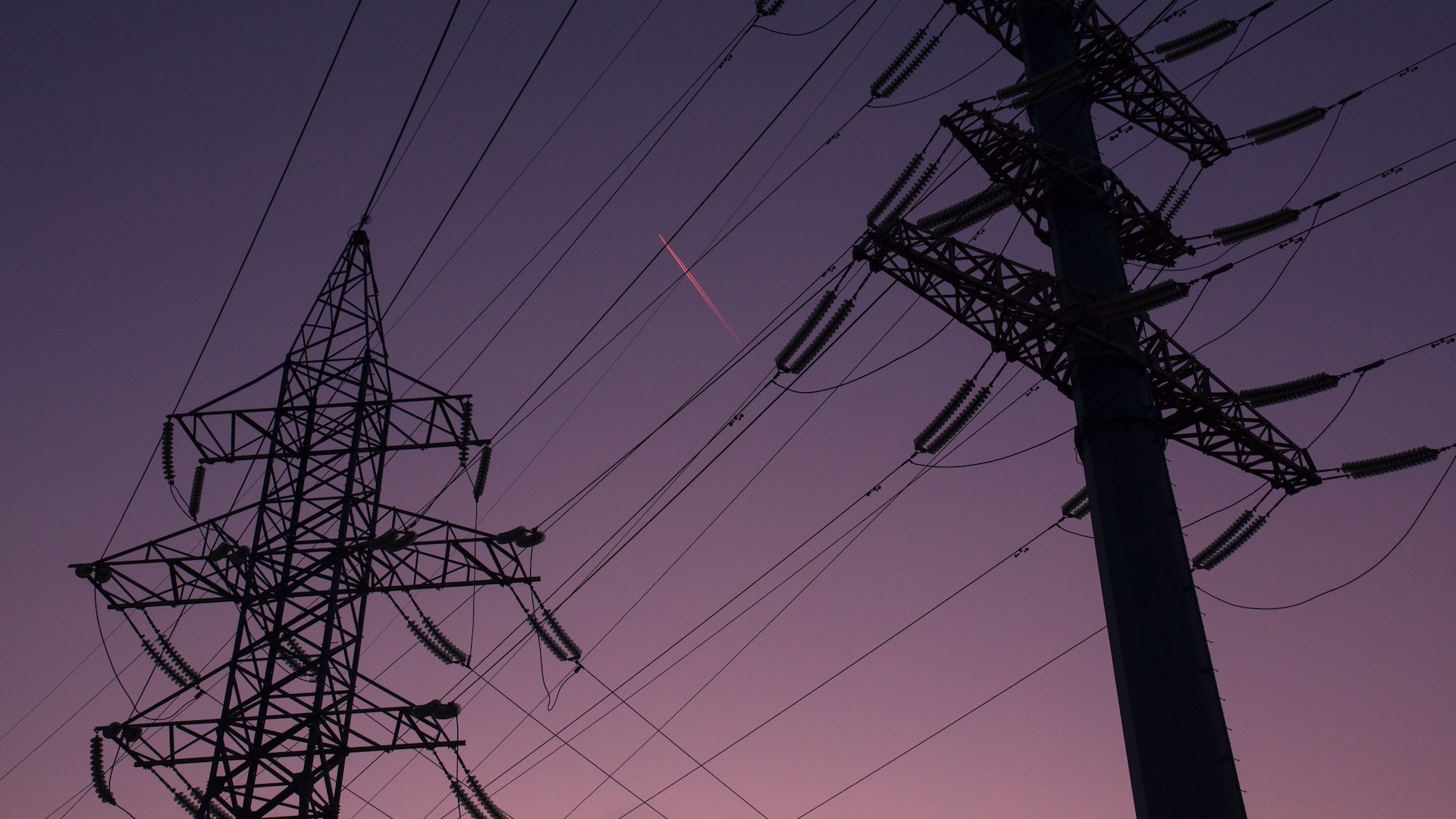There are many reasons why an establishment would want to hire an electrician in Frankston South, including safety concerns, power outlets, mains outlets and several other electrical appliance installation needs. Power outlets are easily available in most locations of Frankston - no matter where you are in the city - so there is no need to worry about an unmetered outlet coming into contact with your power supply. Frankston has a comprehensive range of mains outlets; these are located within the boundaries of the city of Frankston. Electricity is available throughout the city of Frankston. Frankston is quite fortunate in that it is not plagued by black spots, which are known to be the result of copper pipes getting in the way of electrical currents.
The majority of Frankston's mains outlets are fitted with modern meters that display the amount of electricity they use. Customers can view this information on a daily basis. There are also led and digital warning lights, which give an indication if a meter is exceeding its expected life span or has tripped. Safety features are very important to ensure the safety of both employees and customers.
It is essential for any electrical appliance installation to be carried out by someone with the proper training. A qualified electrician in Frankston South must have worked with power supply equipment for many years. This experience allows them to identify the dangers and hazards associated with electrical power. All potential risks must be identified before work begins. Safety should always be the first priority.
It is advisable to allow a licensed and insured electrician in Frankston South to carry out any electrical appliance installation in your home. Many businesses will employ sub-contractors who are not properly trained. Not only can this compromise safety, it could leave you without power in some cases. When sub-contractors do not have the requisite experience carrying out electrical work, they may incorrectly attach power cable to appliances. This results in damage to both the appliance and the power cable.
Electrical work cannot be carried out without the necessary mains electricity. If an electrician in Frankston South does not have access to mains power, many types of electrical appliances cannot be installed. The installation of fridge freezers and washing machines requires to have training in working with mains electricity. Many fridges and washers produce excess voltage which can cause damage to power cables. They can also cause electrocution and burn out of fridges and washers. Power surges caused by appliances can also damage mains electricity causing power cuts.
Safety is of paramount importance when attempting to install new electrical appliances. They must be authorised by a governing body. These governing bodies require to undergo training and receive relevant certificates. Training can be undertaken online, by enrolling for a course at a technical college, or at an approved trade school. It is essential that they are insured against accidental damage to property and will carry their own insurance cover. It is worth checking to make sure you are considering has the relevant insurance.
Try to find an electrician in Frankston South who works from his own office, which reduces the time needed to provide electrical installation and repair. It is a good idea to find who can offer a free quote, and possibly one which includes VAT. Some companies may charge a small excess fee if work is carried out, this should be agreed before starting work.
It can be worthwhile contacting your local association for a referral to reputable electrical contractors in your area. They have a website here in Local Frankston Electrician at www.frankstonelectrician.net.au which can provide you with a list of recommended contractors, along with their contact details and website. Once you have found a company to work with you can ask them to show you their license, this should include their current registration with the relevant regulatory body.
